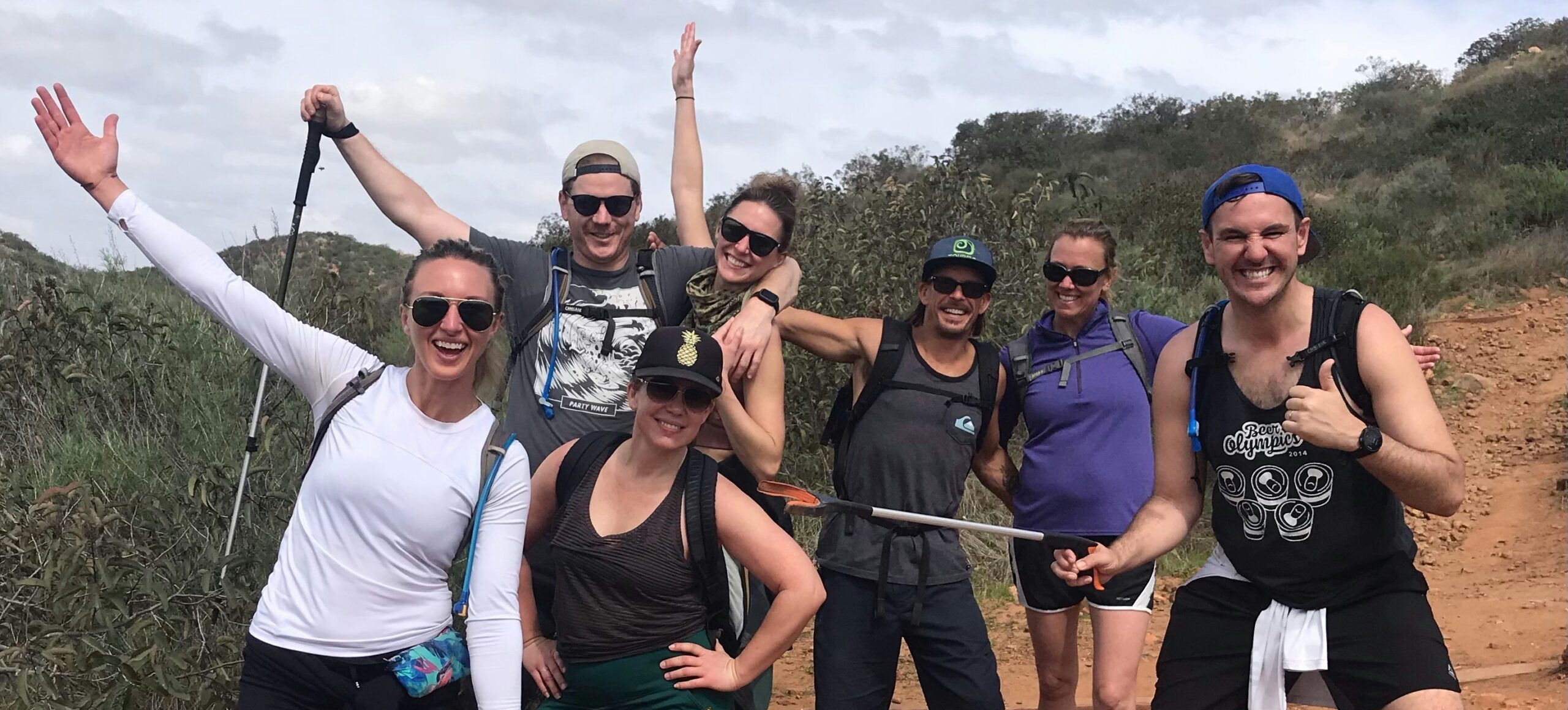‘I never saw him – But I knew him. Can you have forgotten how, with his voice, he came into our house, the President of these United States calling us friends’.[1]
These were the words of the American author Carl Carmer, reflecting on the communications legacy of Franklin Delano Roosevelt (FDR), President of the United States from 1933 to 1945. Throughout the longest term in American history, Roosevelt shaped the future of communications through a series of ‘fireside chats’, his wildly popular radio broadcasts to the nation.
Throughout a time of immense economic hardship, FDR utilised a knowledge of audience, studied authenticity, and an openness, for the purpose of soothing a damaged American psyche. In so doing, he laid out a blueprint for communications in the 21st century as well.
Important to recognise is the choice of channel: radio. The advent of radio in 1920s and 30s was revolutionary, helping to collapse the geographical distance between those at the centre and those at the periphery. At the start of Roosevelt’s presidency, 62% of Americans owned radios. By its end 90% did, often listening communally. As he reached into the people’s diners and sitting rooms FDR could appear part of the group, “a BUDDY in the White House”.[2]
Yet it was his style which cemented his legacy. Advisors would report that he’d tear up a near complete speech if the tone wasn’t perfect, adopting a vocabulary in which 70% of his words where among the 500 most commonly spoken to authentically reach the common man, speaking to him as if he was in his own home. Citizens would often write in, referring to his broadcasts as “an authoritative word from you on the state of things here and abroad”.[3]
Yet as FDR opened the door to a nation through his fireside chats, so too did that door swing back. Throughout his presidency, he received some 60 million letters[4], a pipeline to what he called the “most perfect index to the state of mind of the people”.[5]
For the first time a line of communication was established from the people back to the President, going over the head of local representatives. Journalist Stanley High described it best when he said the country “sends its orders to its Congressmen. But it talks things over with its President”.[6]
As the politics of politics changed at this juncture, so too has the business of business in our time. Like the letter writers of the 30s, modern businesses must contend with the presence of stakeholder primacy now.
Shareholder returns are no longer created by a siloed view of business, but by creating value for societal stakeholders, whether that be customers, employees, communities, or the environment. Porter Novelli’s Business Action for Climate Crisis Report suggests that 80% believe business has a responsibility to solve the climate crisis, and 61% examine sustainability credentials as part of their purchasing decisions.
More than ever, business leaders must embrace communication with the multitude of stakeholders at their door and serve as an authoritative and purposeful voice to help people through turbulent times.
It is of course not enough just to say, one must do. The New Deal reshaped the physical and cultural landscape of the USA as FDR’s administration worked to deliver on its promises to the public. Now, CEOs must do the same and work towards tangible steps that will help them close the gap between what they say and what they do.
Roosevelt died on April 12, 1945 in Warm Springs, Georgia from a cerebral haemorrhage. As his flag-draped casket was pulled through the streets of Washington D.C, the actor and director Orson Wells reflected, ‘Our last President was a member of my family. He lived in our home as I know he lived in yours. My home seems empty now as I know yours does’.[7]
Roosevelt wrote himself into the hearths of a nation through his fireside chats, pulling together a knowledge of audience, a studied authenticity, purpose, and openness to newly empowered stakeholders to change the communications landscape of the modern world. As the physical monuments of his legacy still stand in the United States, so too does his legacy for business leaders in the modern world – speak up, speak authentically, and speak now.
[1] L.Levine & C.Levine, The People and the President: America’s Conversation with FDR, Beacon Press (2002) p2
[2] Ibid, p21
[3] Ibid, p15
[4] Ibid, p2
[5] Ibid, p19
[6] Ibid, p9
[7] Ibid, p560

















